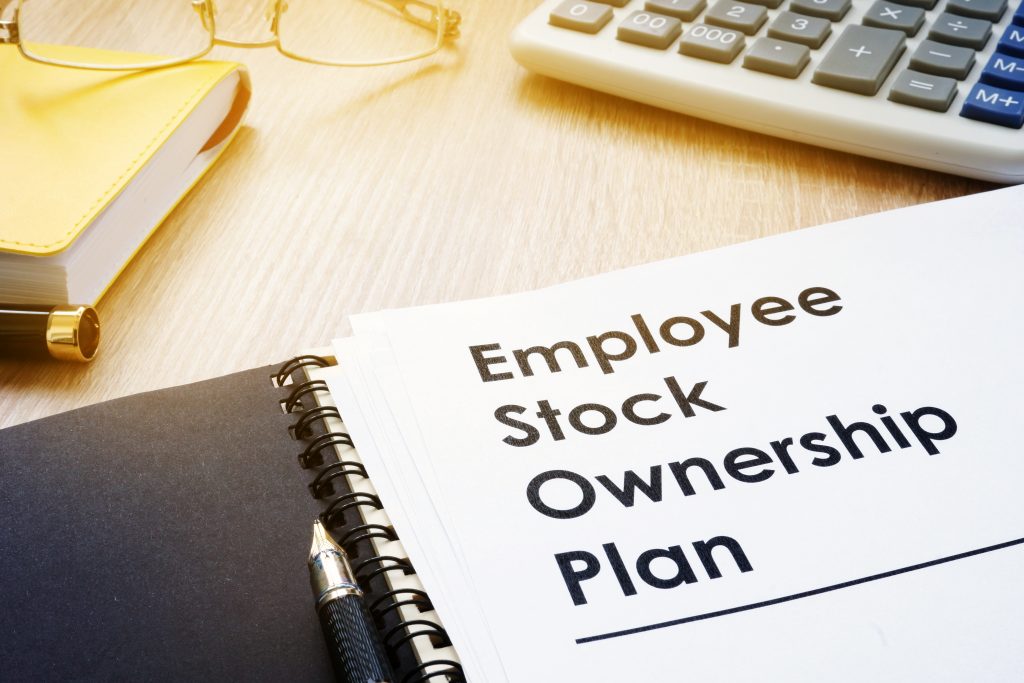October is National Employee Ownership month. But what exactly does employee ownership mean?
An employee-ownership business plan, more commonly referred to as an employee stock ownership plan (ESOP), gives workers stock in the company as part of their compensation. Currently there are approximately 7,000 ESOP plans being used by more than 14 million employees. The largest company to adopt the business model in the U.S. is Publix Super Markets, which has over 200,000 staff.
Both private and public companies can institute these plans for their employees. When a worker leaves the company, the employer buys back the stock at market value. If it’s a private company, an outside valuation determines the price of the shares.
The model has a number of benefits. For example, employees are often motivated to improve performance and take more responsibility for their work because they have a financial stake in the success or failure of the company. Moreover, ESOPs provide significant tax benefits for the employee, management and the business.
Now, as small businesses are coping with the economic impact of COVID-19, some are turning towards employee ownership models to help keep doors open and workers employed. In Arizona, for example, the Main Street Phoenix Project is buying distressed restaurants and transferring part-ownership to employees.
Sharing company ownership is a win-win business model as executives and workers alike are motivated to build a better business.



